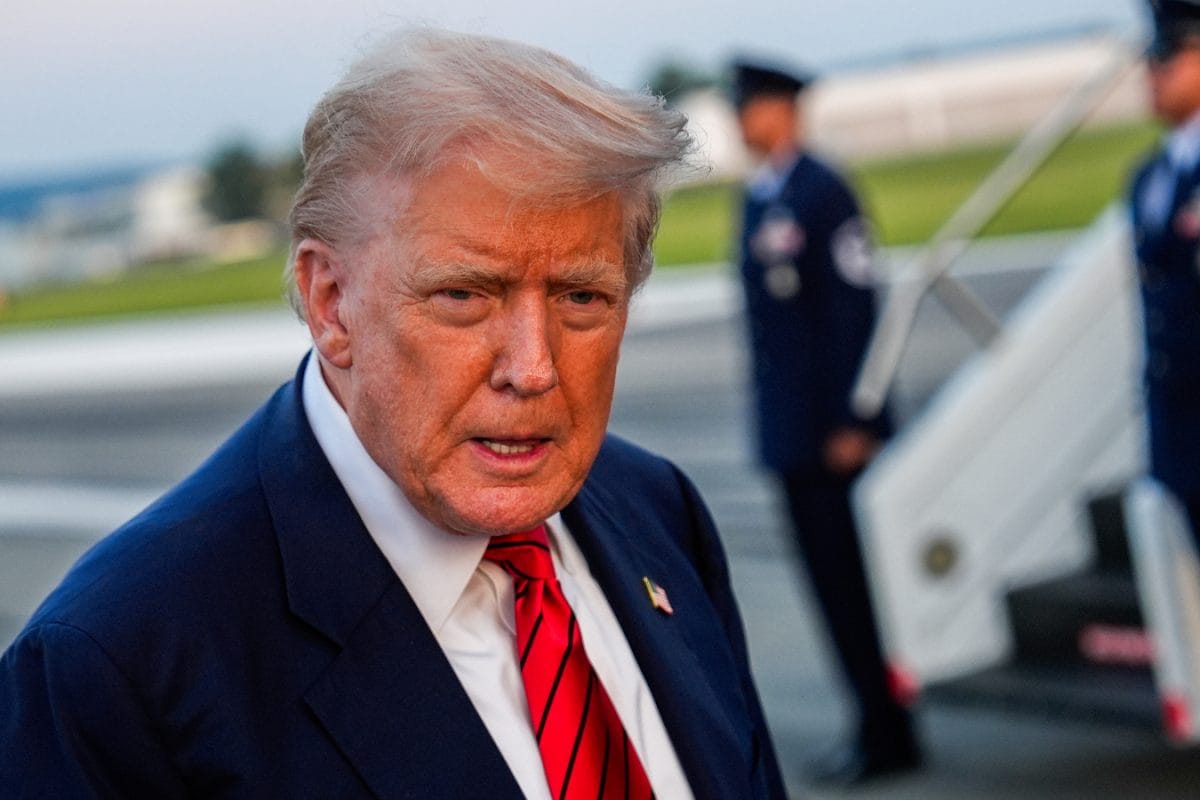

Amidst rising tensions between the United States and India over trade and energy policies, President Donald Trump has imposed an additional 25% tariff on Indian goods, bringing the total tariffs to 50%. This move is a consequence of India's continued purchase of Russian oil, which the U.S. views as "fuelling the (Russian) war machine" in Ukraine. When questioned about whether these tariffs were influencing progress in the U.S.-Russia talks, President Trump responded, "I don't know".
The executive order, signed on Wednesday, August 6, 2025, stipulates that the new tariff will be effective within 21 days. This action adds to the initial 25% tariff already imposed on India. The Indian government has strongly condemned the U.S. decision, calling it "unfair, unjustified, and unreasonable". India's Ministry of External Affairs (MEA) stated that its oil imports are driven by market factors and aim to ensure energy security for its 1.4 billion citizens. The MEA also pointed out that many other countries are also importing Russian energy and criticized the U.S. for singling out India.
The tariff hike comes at a sensitive time, coinciding with National Security Advisor Ajit Doval's visit to Moscow for strategic talks with Russia. These discussions are expected to cover defense cooperation, energy ties, and the impact of Western sanctions on Russian oil. Simultaneously, U.S. Special Envoy Steve Witkoff was also in Moscow, meeting with President Vladimir Putin to discuss the Ukraine crisis and potential strategic cooperation between the U.S. and Russia.
President Trump has set a deadline for Russia to reach a peace agreement with Ukraine, threatening further economic penalties if the war does not end. He has also indicated that countries purchasing energy from Russia could face "secondary tariffs". India, however, has defended its position, asserting its right to safeguard its national interests and economic security. India has also pointed out the "double standards" of the U.S. and EU, which continue to trade with Russia despite publicly opposing the conflict in Ukraine.
The imposition of tariffs is expected to impact Indian exports to the U.S., particularly in sectors like textiles, marine products, and leather, where many businesses are led by MSMEs. Some exemptions are in place for items already covered by sector-specific tariffs, such as steel and aluminum, as well as potentially affected categories like pharmaceuticals. Apple has announced a fresh $100 billion investment in domestic manufacturing, potentially leading to tariff carve-outs for electronics manufacturers who establish new domestic production facilities.
The situation remains dynamic, with the U.S. seeking to pressure Russia to end the war in Ukraine while India navigates its energy needs and strategic partnerships. The coming weeks will be critical in determining the long-term impact of these tariffs and the future of U.S.-India relations.